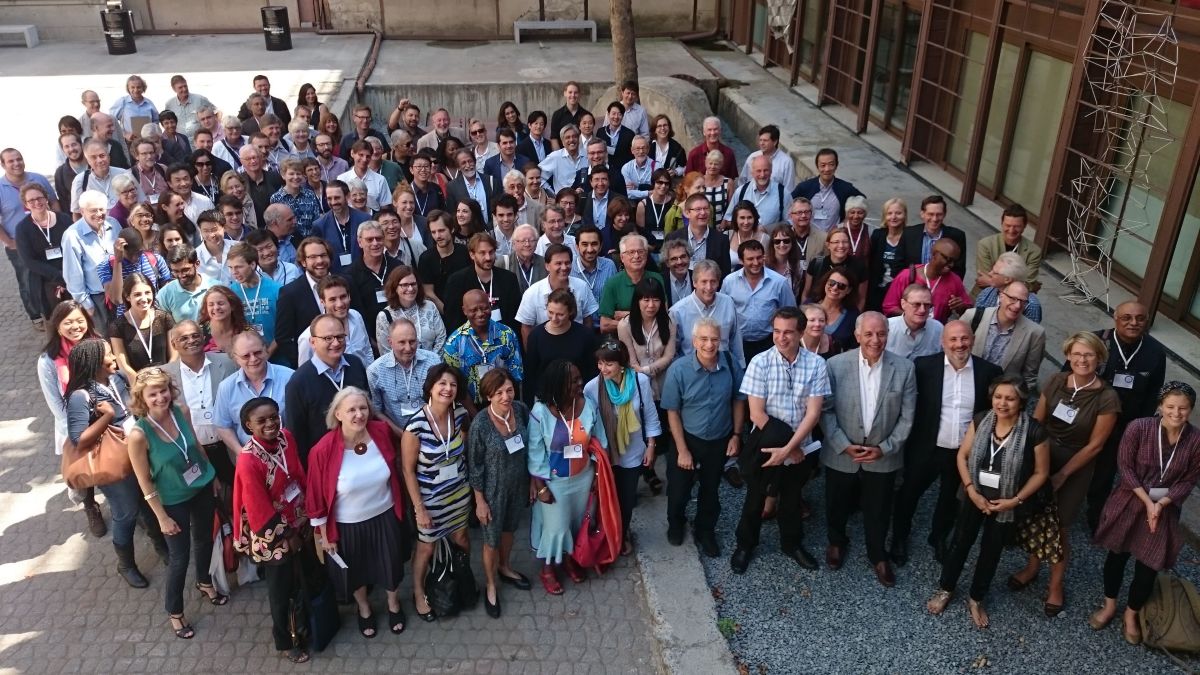Context
The crisis of social-democracy in recent decades seems, in the rich countries, to have generated a decline of hope for a just society. In developing countries, the trend is now to mimic the developed countries, rather than inventing a new model, and, in spite of reduced poverty in several countries, social hardships reminiscent of the early phase of Western capitalism are widespread.
Yet neither the collapse of utopian illusions nor booming capitalism in developing countries should mean the end of the quest for justice.
Can we hope for a better society?
Social scientists have never been so well equipped to provide an answer, thanks to the development of all the relevant disciplines since WWII.
“If social sciences exist, is it not, precisely, because analyzing action, institutions, social relations, structures, can help to build a better world?”Craig Calhoun and Michel Wieviorka
Manifesto for Social Sciences (Socio, n° 1, 2013)
Missions
The International Panel on Social Progress (IPSP) will harness the competence of hundreds of experts about social issues and will deliver a report addressed to all social actors, movements, organizations, politicians and decision-makers, in order to provide them with the best expertise on questions that bear on social change.
The Panel will seek consensus whenever possible but will not hide controversies and will honestly present up-to-date arguments and analyses, and debates about them, in an accessible way.
The Panel will have no partisan political agenda, but will aim at restoring hope in social progress and stimulating intellectual and public debates. Different political and philosophical views may conceive of social progress in different ways, emphasizing values such as freedom, dignity, or equality.
The Panel will retain full independence from political parties, governments, and organizations with a partisan agenda.
While the Panel will primarily work for the dissemination of knowledge to all relevant actors in society, it will also foster research on the topics it will study and help to revive interest for research in social long-term prospective analysis.

